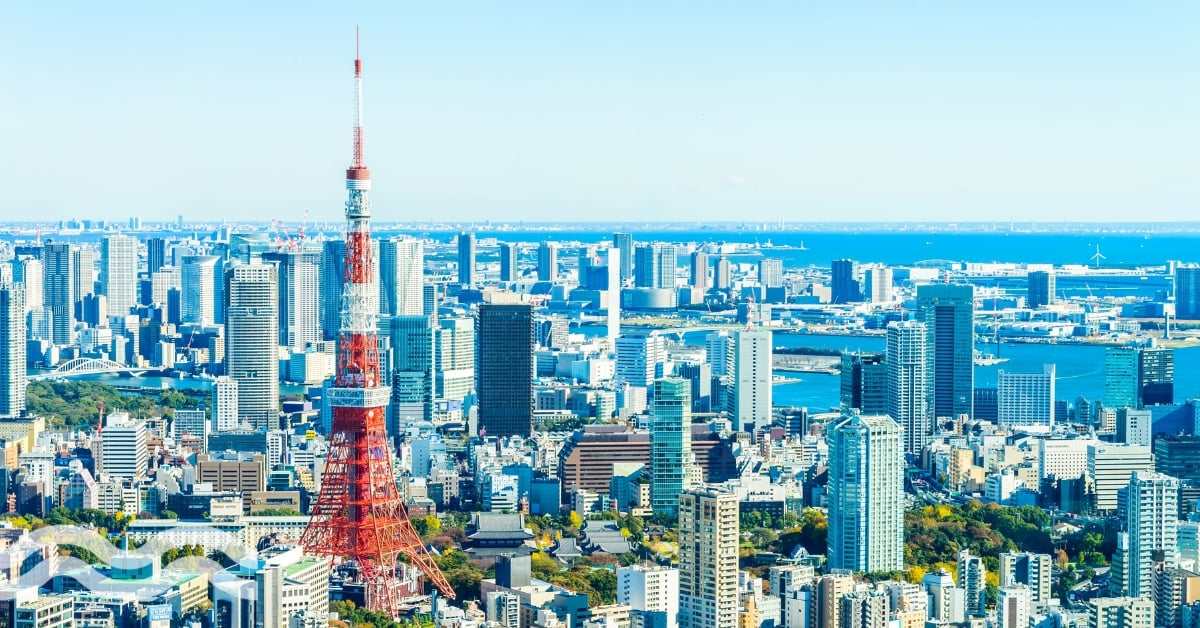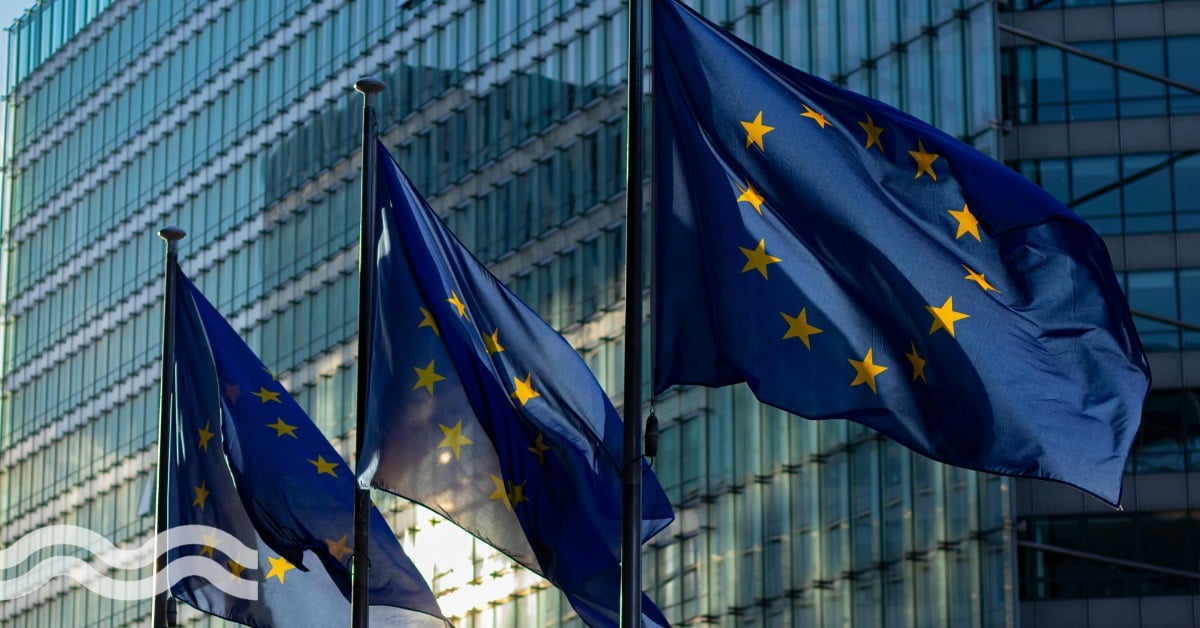Water resilience added to EU Strategic Agenda
.jpg?h=400&iar=0&w=1140)
EU leaders have adopted its Strategic Agenda 2024-2029, which includes a goal to strengthen water resilience across the union.
Water resilience for a prosperous Europe
The Strategic Agenda establishes the EU's directions and goals for the period 2024-2029. Its aim is to make Europe more sovereign and better able to face future challenges from changing geopolitics. There are three pillars to the agenda:
- A free and democratic Europe
- A strong and secure Europe
- A prosperous and competitive Europe.
Water resilience is added under the final pillar, beneath the sub-heading: Making a success of the green and digital transitions.
'The European Union will promote a competitive, sustainable and resilient agricultural sector that continues to ensure food security. We will champion vibrant rural communities and strengthen the position of farmers in the food supply chain. We will continue to protect nature and reverse the degradation of ecosystems, including oceans. We will strengthen water resilience across the Union.'
On the agenda as an afterthought?
Oliver Loebel, EurEau Secretary General, told Aquatech Online that the organisation was encouraged to see that Member States added the need to strengthen water resilience to their Strategic Agenda.
However, he questioned whether the last-minute inclusion revealed a lack of enthusiasm for the addition: “This reluctance is surprising, as well-functioning, resilient and competitive societies need safe access to sufficient quantities of unpolluted water resources and healthy drinking water. Without water resilience, there will be no food security, no striving industries, and no social cohesion.”
He added: “The Strategic Agenda completely ignores the interaction between the green transition as proposed in the Green Deal and a competitive, secure and resilient continent. And this is worrying. The Commission has the opportunity to bring this urgently needed holistic vision back on the table by publishing its Water Resilience Initiative. We can only hope that Member States are willing to throw their weight behind strong action.”
The need to rethink water resilience has been gathering pace recently, with various standards either being published or set for revision, in both the corporate world and the utilities sector.
Exemptions for water framework proposed
The EU has also adopted proposed exemptions to the Water Framework Directive that will mean 'short-term negative impacts on water bodies and deterioration in water quality following water or sediment relocation, will no longer be considered as deterioration of waterbodies', as long as they do not produce an overall increase in pollution.
The exemptions will mean an end to the current 'one-out-all-out' principle where water equality is deemed insufficient if any one of the parameters fails to comply with the required standards.
The proposals were pushed by the Netherlands, Germany, Denmark, Finland and Luxembourg, whose representatives argued that the current framework did not allow them to show what progress was being made toward all lakes, rivers, estuaries, and coastal waters complying with a good or high ecological status by 2027.


.jpg?h=628&iar=0&w=1200)